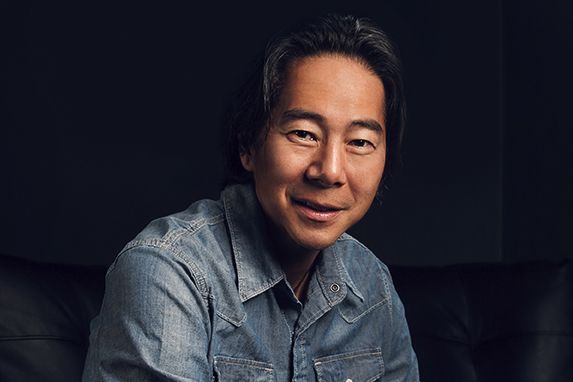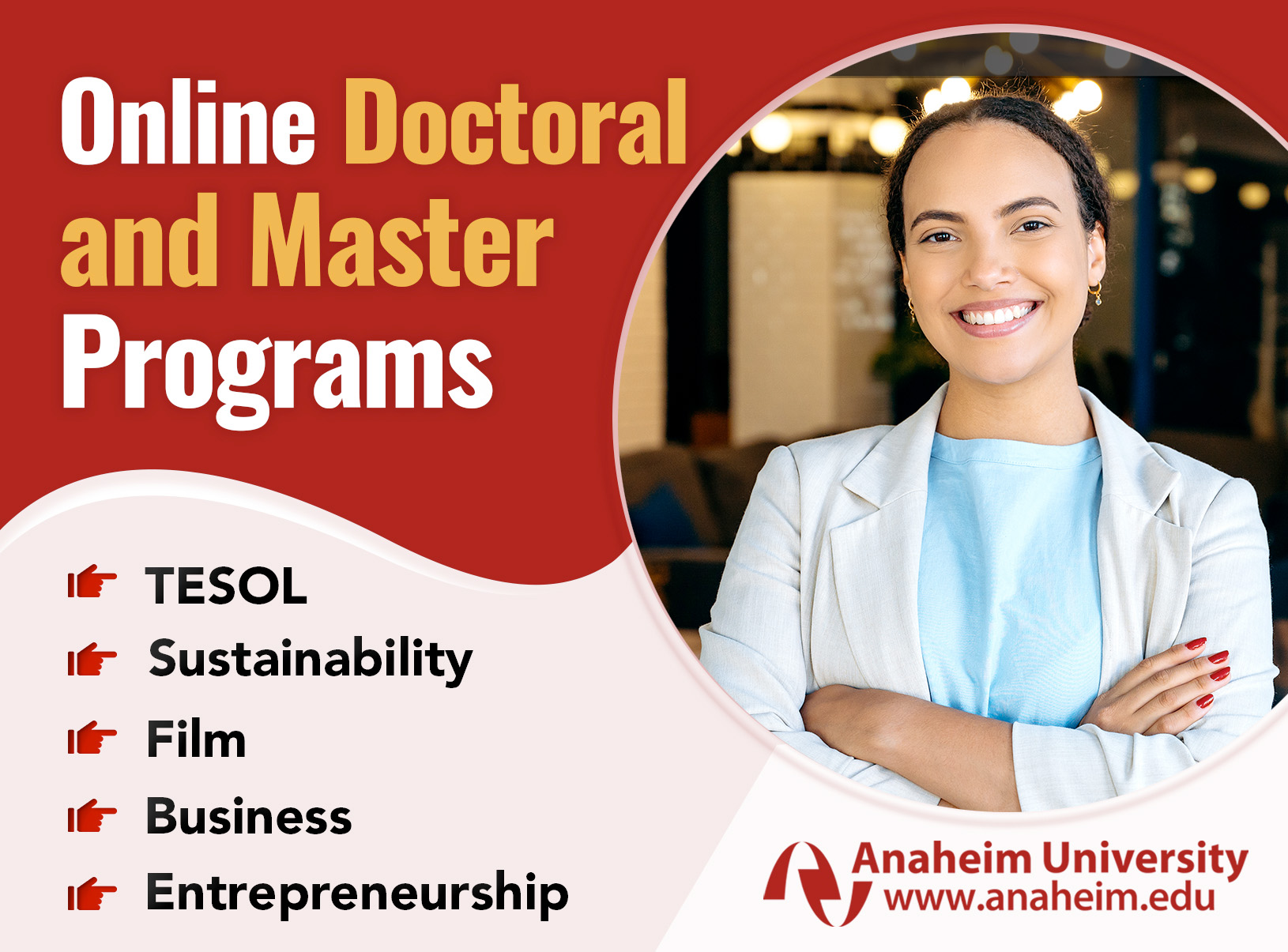Clean Comedy: Henry Cho’s Break from the Norm
Born in Knoxville, Tennessee, Henry Cho began his career in stand-up comedy in 1986, dropping out of college in order to pursue his passion. In 1989, he moved to Los Angeles but made sure to keep in touch with his Tennessee roots, especially in his stand-up shows. As a practicing Christian, Cho values and performs clean, adult comedy, avoiding racial jokes that may create a negative influence on how the ethnicity is viewed. Cho has appeared on such television programs as Bob Hope’s Young Comedian Special, MTV’s ½ Hour Comedy Hour, and VH-1’s Stand-Up Spotlight. He has also been featured in films like McHale’s Navy, Say It Isn’t So and Material Girls. Eventually, Cho had his own Comedy Central special in 2006 called Henry Cho: What’s That Clickin’ Noise?.In 2011, he had his own show on Great American Country [GAC] called The Henry Cho Show, which was filmed in Nashville, Tennessee. Cho has been given the nickname “Mr. Clean” for his clean comedy, a distinction that sets him apart from other comedians. Seoul Journal spoke with Cho about his experiences as a comedian and what plans he has for the future.
SJ: What influenced you to become a stand-up comedian?
CHO : I was in college spinning my wheels and I thought I’d pursue comedy to get into acting. There was a Showtime comedy competition at the local comedy club, so I signed up and gave it a shot. I won that night, got hired and started working that Wednesday –dropped out of college on Friday.
SJ: While in college, did you have any doubts about being a comedian?
CHO: The first time I tried comedy, I thought there was going to be 12 guys like me –first timers. But I was wrong as it was a state wide competition for Showtime, and after my buddies and I saw the first few go on stage and did great I told them I was still going on and would try not to embarrass us and then I’d never do it again. Fortunately, I killed it, got a standing ovation and won the competition that night and got hired right after I got off stage.
SJ: Was it easy for you to settle in when you first moved to L.A.?
CHO: I moved to L.A. in 1989 – been doing comedy for two years at that point. I was still a country boy from Knoxville and my manager in L.A. got me an apartment in West Hollywood since it was close to comedy clubs and his office was in Beverly Hills. I was a Knoxville boy who knew nothing about L.A. or West Hollywood being predominantly gay. It was eye-opening to say the least. But as I always joke, “I should have known ‘cause I’ve never had that much help unloading a truck in my life!”I think I was the only straight guy in my apartment complex but all my neighbors became good friends and they respected me because I returned that respect. So as far as living in L.A., it was a major adjustment, but comedy-wise it was amazing. There I was, really new to the comedy world, and I’m doing shows with the top comedians in the world at The Improv.
SJ: With the low number of Asian representation in the American media, do you think it was easy or challenging when you started your career?
CHO: Low number of Asians? When I started comedy, there was Phil Nee from New York and me as far as American-born Asians. There weren’t many Asian actors doing mainstream roles back then either. Every audition I’d go to, it’d be me and ten white guys and they’d look at me and ask if I thought the director was “going Asian,” and I’d say, “No…he’s just going ‘guy.’”It made it very difficult because I refused to do any negative Asian roles. Keye Luke told me I was the only one who could say no to those types of roles since I was a comedian first and an actor second. He asked me – basically told me to hold strong and make a difference. If I still lived in L.A., it’d be amazing how many auditions I’d have since there’s an Asian in almost every commercial and show nowadays. Back in my day, I had to create roles and show producers and directors that the character would still be the same, just Asian.
SJ: Do you feel that being Korean-American influences your career? How so?
CHO: I'm known for being the Korean comedian with a southerner accent. That right there sets me apart from all the rest. But I didn’t want my stand-up to only be about that. In the beginning of my career, that’s all I knew, so that’s what I talked about. But as I quickly moved up the ranks and started headlining, I had to learn to have an act that was more than [just] my upbringing. I think [for] the last several TV spots I didn’t do any Asian jokes at all. I was just doing stand-up as a comedian, not an Asian comedian. So as far as influencing my career, yes, big time, as I said it sets me apart not only from comedians, but from Asian comedians.
SJ: Are there any comedians you look up to?
CHO: : Jerry Seinfeld, who I’ve known for 28 years, really helped me out the first couple years I was doing comedy. Bill Engvall and Jeff Foxworthy were and still are good friends and mentors.
SJ: Why do you choose to do “clean” comedy?
CHO: I'm a Christian so it was important for me to stay clean and keep that part of me. I’ve never billed myself as a “Christian comedian” –I’m just a comedian who’s a Christian.
SJ: Is it more difficult or do you find it easier?
CHO: It's 80% harder to do clean comedy than the other kind…you know who said that? Me.
SJ: Where do you get ideas for your work?
CHO: My act reflects my life, so I just tell stories about things that happen to me and my family, etc.
SJ: Can you explain your writing process when coming up with new material?
CHO: Whenever I think of a joke or something funny, I write it down in my book, or nowadays I text myself. Then I spend some time fleshing it out, meaning I take a premise and see which way I think I should go with it. Then I take my book on stage and about two-thirds through my show I tell the audience I’m going to work on some new stuff and go through several jokes out of my book. I found [out] I write the best on stage when all the creative juices are flowing and I’m firing on all cylinders. I used to try to memorize the new stuff and stick them in during the show somewhere, but I’ve found that it’s easier to just stop and go to my notes.
SJ: What kind of influence do you wish to have with your comedy?
CHO: Well, I always say a little prayer before each show, not only to use the gift God’s given me to make folks laugh, but to do my best to honor God in all I do and say on stage. So hopefully that is reflected a bit and folks will take note.
SJ: What do you think is most distinctive about your brand of comedy?
CHO: It’s adult comedy –it’s just clean. It’s not campy and has a slight edge in places, but your kids can listen to it. Hopefully I’m more cerebral than a nine-year-old –and none of my jokes make anyone uncomfortable. That’s one distinction. The other is the point of view I have of being the only Asian guy born and raised in east Tennessee. Steve Allen, who created The Tonight Show, came up to me after a show in Vegas and asked, “You know the old saying ‘There’s no such thing as a new joke?’” And I answered yes. He said, “Well, I thought that too until I saw you because you have about 10 new jokes; no comedian has ever come from your angle.”
SJ: What do you do to relax?
CHO: I’m an avid golfer, so that’s my offstage passion aside from spending time with my family.
SJ: Do you prefer acting or doing stand-up comedy?
CHO: I like to act, but it’s mainly waiting until your scene is up. It’s fun and it’s why I started all of this, but I prefer stand-up because when I’m doing that, I’m the performer, writer, producer, director, etc. –I’m in total control.
SJ: Which is more challenging?
CHO: At this point, after doing stand-up for almost 30 years, acting is more challenging since I still have tons to learn. I still learn something different every time I’m onstage telling jokes, but it’s all I’ve done for three decades so I feel like I’m at least decent at that.
SJ: What accomplishment are you most proud of?
CHO: Back in the day, doing The Tonight Show was a big deal, so doing my first Tonight Show was great. Meeting and doing Bob Hope’s young comedian special, selling two pilot scripts to ABC and CBS where I was the co-creator, co-writer, co-producer and would have been the star if they’d done the show; those things don’t happen to comedians everyday and it took hard work, but in the end, we were just a bit unlucky or else Americans would have seen an Asian in a show like they’ve never seen or imagined…funny.
SJ: Can you tell us about your current projects?
CHO: My main goal now is to be a husband and father, so everything I do I put my family first. That said, it’s not like Spielberg [is] calling me daily, but I can’t really go on location for months at a time ‘cause it just doesn’t work for my family. The kids are getting older so I plan to get back into doing films, etc. Most of the TV projects I’m working on nowadays are soft-scripted, as being able to stay where we are and do a TV show is what’s attractive to me. I did The Henry Cho Show on GAC because GAC is here in Nashville. I wanted it to be my version of The Carol Burnett Show, but they didn’t have the budget to pull it off so we did what we could. It was fun –still hoping to do more of those. I also plan to shoot another comedy special in the next few months.
SJ: What are your goals for the future?
CHO: I still think I need to try and do a television series since, even though there are a couple shows with Asian actors in them, they still don’t depict our community the way I’d like to see it done.
SJ: Is there any advice you would like to tell aspiring comedians?
CHO: Write down every joke you think of, make sure it’s your own thoughts and not “borrowed” from another comedian and go try it somewhere. I always advise comedians to keep their acts clean –you’ll get more work.











